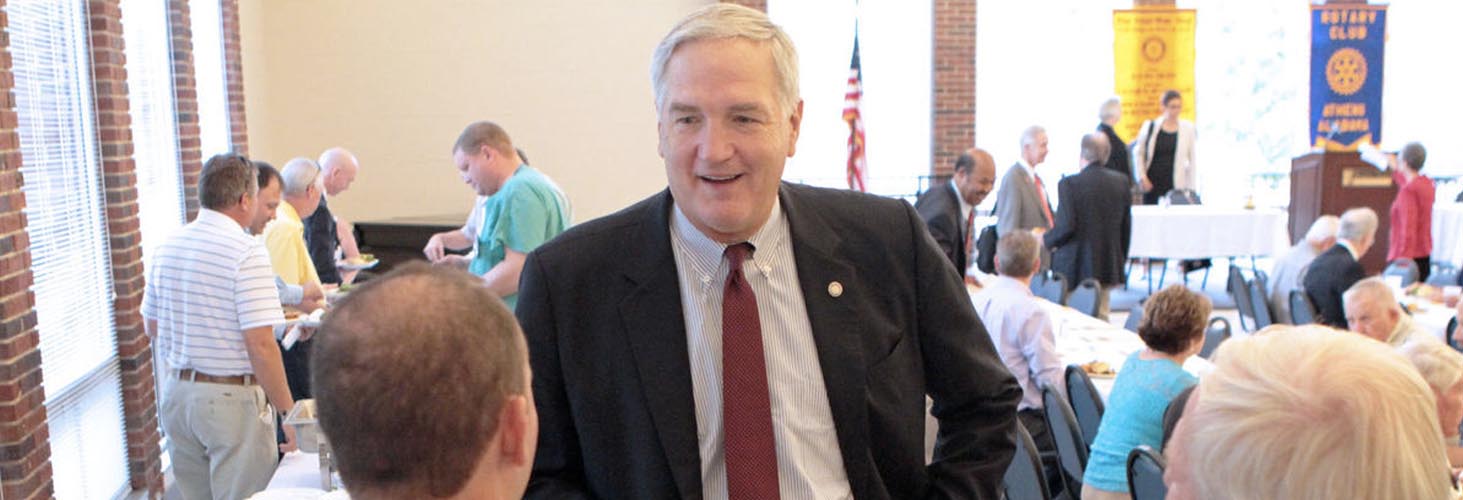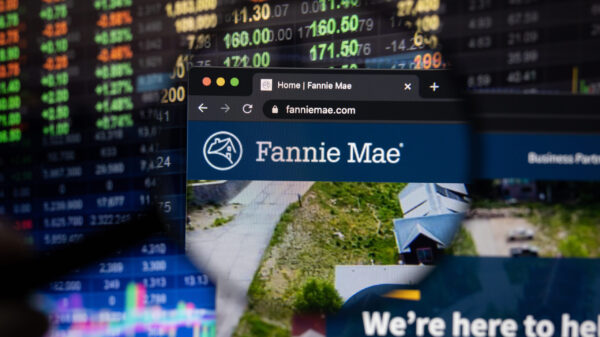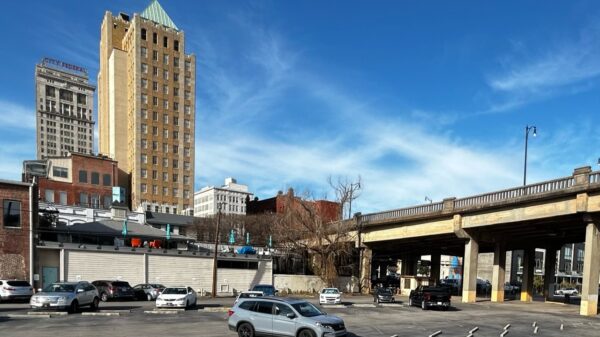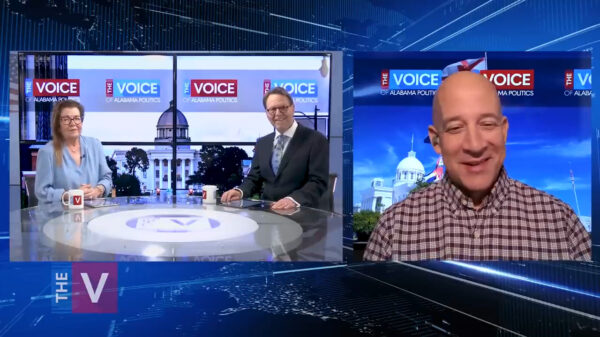By Josh Moon
Alabama Political Reporter
State Rep. John Rogers told federal investigators that he was approached by executives from Drummond Coal and then-Alabama Attorney General Luther Strange and offered what Rogers considered a bribe if he would lead the State’s and Drummond’s efforts against the EPA’s cleanup of a superfund pollution site in north Birmingham, a source close to Rogers told APR.
Asked about the allegations, Rogers declined to confirm them, saying he didn’t want to talk about it “yet, because it’s too volatile.”
“I don’t want to get into that stuff right now,” Rogers said. “You have to be careful about that. These people are dangerous. I’ll keep that to myself until a later time.”
According to the source, Rogers said he was offered control of a “super PAC or non-profit” into which Drummond Coal and other entities would contribute money in exchange for Rogers speaking out against the 35th Avenue superfund site and working to keep the EPA from assigning the area to the National Priority List.
Designating the area in north Birmingham a superfund site allowed the EPA to do testing in the area and start a process of identifying “potentially responsible parties” that caused the environmental damage. Levels of toxins in that 35th Avenue area have so far exceeded acceptable levels that the top layers of hundreds of residents’ yards have been removed.
Under EPA rules, responsible parties are on the hook for the cost of cleanup at superfund sites, meaning Drummond Coal, Alagasco, ABC Coke, U.S. Pipe and KMAC were potentially on the hook for around $20 million for the site cleanup.
Last week, federal officials announced former Alabama Rep. Oliver Robinson had entered a plea deal to provide information on a scheme to block the EPA’s efforts in north Birmingham.
Robinson’s deal will see him plead guilty to bribery and fraud charges stemming from his acceptance of thousands of dollars from Drummond and others. That money was allegedly funneled through a non-profit, the Alliance for Jobs and the Economy.
That non-profit, according to Robinson’s plea deal, was established by an executive at Drummond, who al.com named on Wednesday as David Roberson.
In exchange, Robinson allegedly worked against the EPA’s efforts in the Birmingham area, discouraging residents from getting soil tests and telling them that a superfund designation, and a listing on the National Priority List, would have a detrimental effect on property values.
The source said that’s essentially the same deal Rogers told investigators that he was offered at a meeting in 2014 with a group of Drummond executives and Strange.
Asked if he did anything wrong in relation to the 35th Avenue superfund investigation, Rogers was adamant that he hasn’t.
“I didn’t take money from anyone, and I told them that,” Rogers said. “I don’t do that. I don’t need their money. I got my own. And at the end of the day, all you got is your name. My name is good.”
The source said a female House member was also approached by Drummond executives and offered the deal, but when she asked to speak to an attorney about the legality of the offer, the executives moved on to Robinson. The source said that House member has also been interviewed by federal investigators.
It’s unclear how significant Strange’s role was during the meeting with Rogers, but his intentions afterwards are clear.
Documents obtained by APR show that Strange, in late 2014, began an odd pushback against the EPA’s work in north Birmingham and specifically against the listing of the site on the National Priority List.
In an Oct. 2014 letter, Strange emphasized that the state would refuse to pay any costs not covered by the companies responsible and blasted the EPA for its handling of listing the superfund site on the National Priority List.
In a Jan. 20, 2015 letter, Strange said the State “does not support the listing on the NPL for a number of reasons.” That letter goes on to cite several technical, environmental reasons – such as the EPA failing to adequately involve the state in the decision to make the listing – for why his office won’t support even the testing phase to determine the level of toxins in residents’ yards.
What makes those letters odd is that an EPA administrator for the area had previously informed State officials that it was placing the 35th Avenue site on the NPL in order to force payment from the responsible companies, and that the EPA would use its “flexibilities” to offset any costs incurred by the State.
At the same time he was sending letters, Strange was the beneficiary of thousands of dollars in campaign contributions from Drummond. On Oct. 17, 2014, – around the time he was firing off his first letter to the EPA opposing the superfund listing – Drummond gave Strange $25,000, according to online campaign finance reports.
In February 2015, a few weeks after another letter to the EPA, Strange received another $25,000 donation from Drummond.
Strange was the only candidate in that time frame – Oct. 2014 – Feb. 2015 – to receive more than a $5,000 donation from Drummond.
Strange received more than $75,000 from Drummond in a two-year span. The company has also given at least $5,000 so far to Strange’s U.S. Senate campaign.
An email sent to Strange’s Senate office Wednesday evening seeking comment did not receive a response.





















































